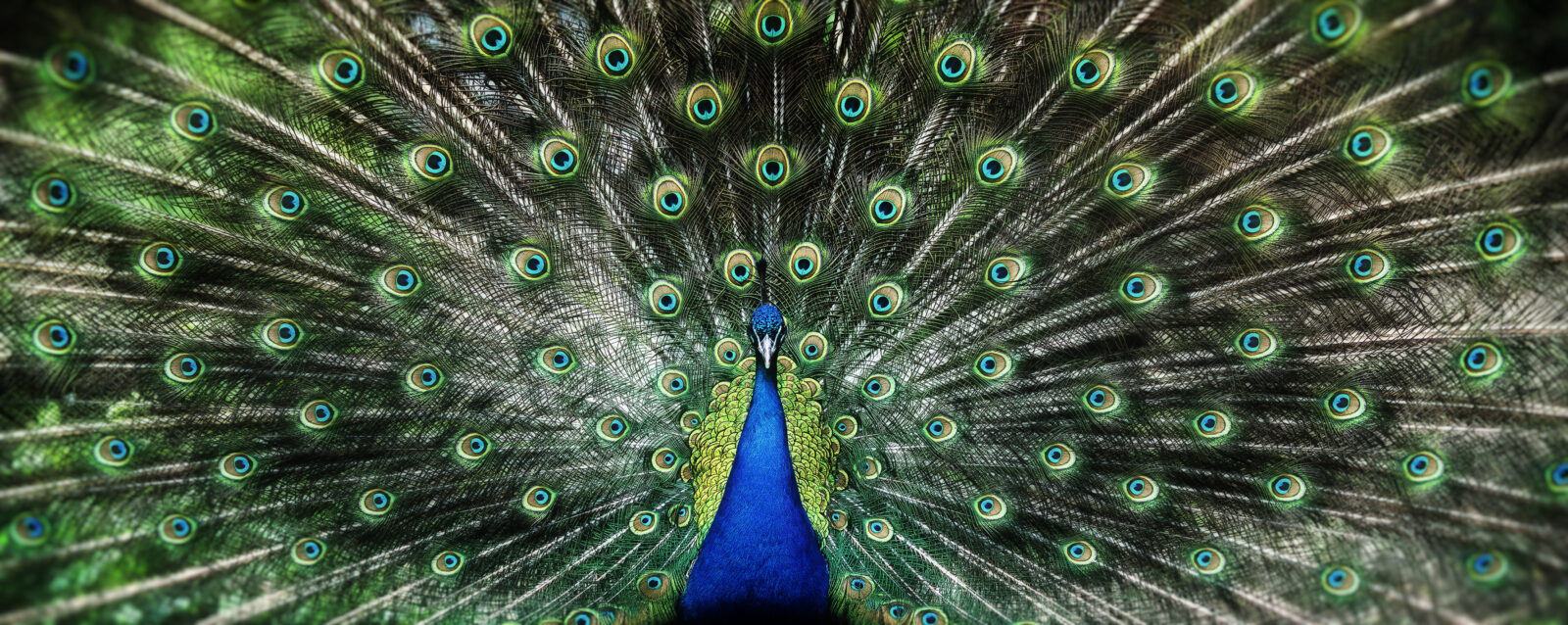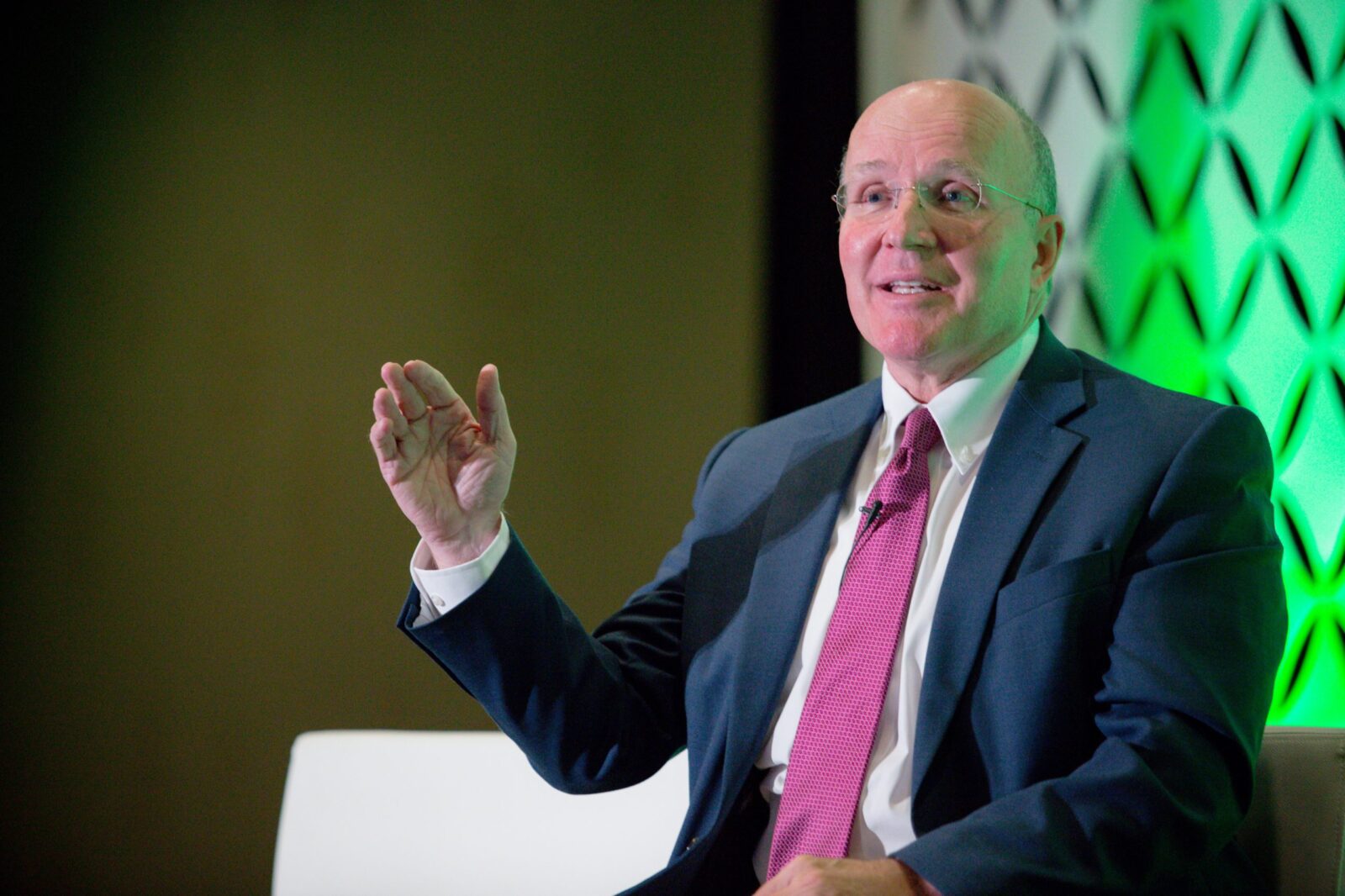


Stephen Meyer: Has the West Forgotten God?

AI: Is it Good or Bad for Society?

A PhD Evolutionary Biologist on Why He Embraces Intelligent Design

Caring for the Deeply Forgetful

An Antidote for Digital Addiction

God’s Grandeur: Ann Gauger on Beauty, Intelligibility, and Human Uniqueness

Dr. Gale L. Pooley on the Ideology of Scarcity and the Potential to Achieve “Super Abundance”

God’s Grandeur: Ann Gauger on the Scientific Case for Design
